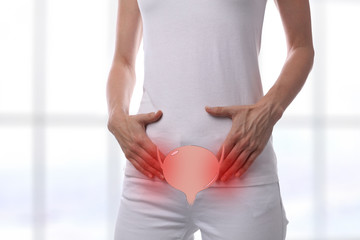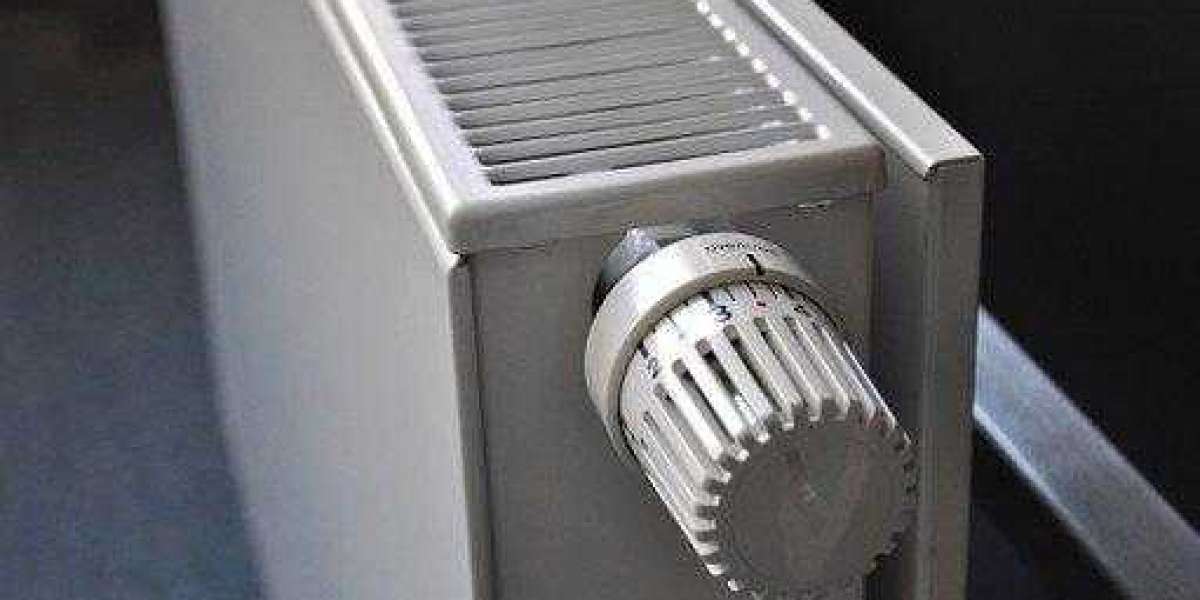
What Is UTI treatment, Dyer:
Antibiotics: Antibiotics are the most common form of UTI treatment. They are prescribed to eliminate the bacteria causing the infection. Healthcare providers usually prescribe a 7 to 14-day course of antibiotics, depending on the severity of the infection. The most commonly prescribed antibiotics for UTIs include amoxicillin, ciprofloxacin, and nitrofurantoin. It is crucial to complete the entire course of antibiotics, even if the symptoms go away, to ensure that all the bacteria causing the infection are eliminated.
Pain Relievers: Pain relievers such as ibuprofen or acetaminophen can be used to alleviate the pain and discomfort caused by UTIs. They can be purchased over the counter without a prescription.
Increased fluid intake: Drinking plenty of water can help flush out the bacteria causing the UTI and prevent further infections. It is recommended to drink at least 8 glasses of water daily to stay hydrated and keep the urinary tract clean.
Cranberry juice: Cranberry juice is often recommended as a natural remedy for UTIs. It is believed to prevent bacteria from sticking to the urinary tract walls, thus reducing the risk of infection. However, research findings are mixed, and more studies are needed to confirm its effectiveness.
Probiotics: Probiotics are beneficial bacteria that help maintain a healthy balance of microorganisms in the body. They can help prevent UTIs by reducing the growth of harmful bacteria in the urinary tract. Probiotics can be found in foods such as yogurt and kefir, or they can be taken in supplement form.
Preventive measures: To prevent UTIs from reoccurring, it is important to practice good hygiene and follow a healthy lifestyle. Women should wipe front to back after using the bathroom, wear cotton underwear, and avoid tight-fitting pants and pantyhose. They should also urinate frequently and avoid holding urine for long periods. Men should practice good hygiene and avoid holding urine for long periods.
In conclusion, UTIs are a common condition that can be effectively treated with antibiotics and other treatments. If you are experiencing symptoms such as frequent urination, pain or burning during urination, cloudy or strong-smelling urine, or lower abdominal pain, visit a healthcare provider for a proper diagnosis and treatment. Remember, early treatment is essential for quick relief and to prevent the spread of the infection.
UTI treatment Dyer How To Treat Out This problem?
Treating a urinary tract infection (UTI) in Dyer, Indiana, usually involves a combination of medications and lifestyle changes. Here are some steps you can take to effectively treat UTIs:
Visit a healthcare provider: The first step in treating a UTI is to visit a healthcare provider. They will perform a physical examination and diagnose the UTI based on symptoms and lab results. The diagnosis will determine the type of treatment needed.
Take antibiotics: Antibiotics are the most common form of UTI treatment. They are prescribed to eliminate the bacteria causing the infection. Your healthcare provider will prescribe a 7 to 14-day course of antibiotics, depending on the severity of the infection. It's crucial to complete the entire course of antibiotics, even if the symptoms go away, to ensure all the bacteria causing the infection are eliminated.
Take pain relievers: Pain relievers such as ibuprofen or acetaminophen can be used to alleviate the pain and discomfort caused by UTIs. These can be purchased over the counter without a prescription.
Increase fluid intake: Drinking plenty of water can help flush out the bacteria causing the UTI and prevent further infections. It's recommended to drink at least 8 glasses of water daily to stay hydrated and keep the urinary tract clean.
Try cranberry juice: Cranberry juice is often recommended as a natural remedy for UTIs. It is believed to prevent bacteria from sticking to the urinary tract walls, thus reducing the risk of infection. However, research findings are mixed, and more studies are needed to confirm its effectiveness.
Take probiotics: Probiotics are beneficial bacteria that help maintain a healthy balance of microorganisms in the body. They can help prevent UTIs by reducing the growth of harmful bacteria in the urinary tract. Probiotics can be found in foods such as yogurt and kefir or taken in supplement form.
Practice preventive measures: To prevent UTIs from reoccurring, it's important to practice good hygiene and follow a healthy lifestyle. Women should wipe front to back after using the bathroom, wear cotton underwear, and avoid tight-fitting pants and pantyhose. They should also urinate frequently and avoid holding urine for long periods. Men should practice good hygiene and avoid holding urine for long periods.

If you want to get amazing benefits by using this link
Conclusion:
In conclusion, UTIs can be effectively treated with antibiotics and other treatments. If you are experiencing symptoms such as frequent urination, pain or burning during urination, cloudy or strong-smelling urine, or lower abdominal pain, visit a healthcare provider for a proper diagnosis and treatment. Early treatment is essential for quick relief and to prevent the spread of the infection.





